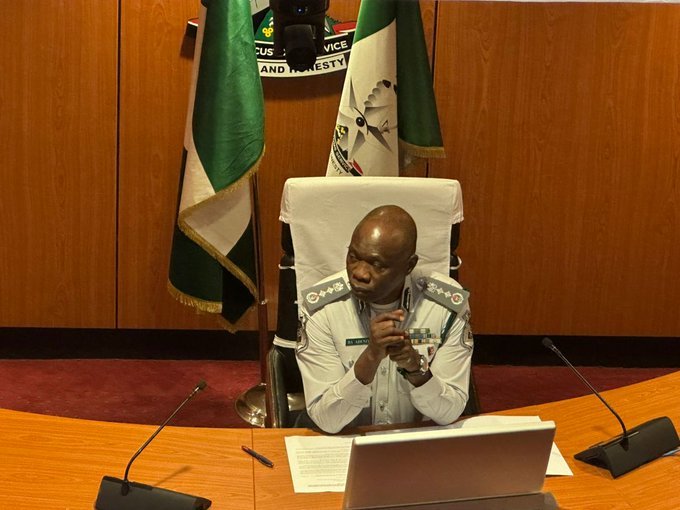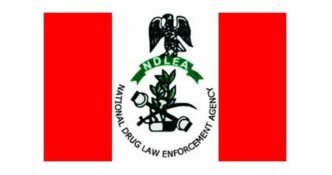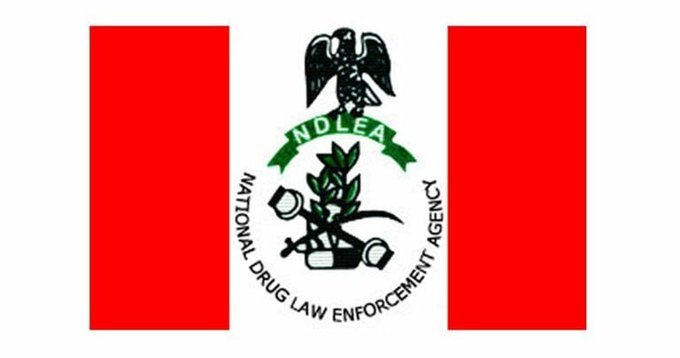Abuja, Nigeria — October 21, 2025
The Nigeria Customs Service (NCS) has officially launched a groundbreaking digital platform known as the Customs Verification Management System (CVMS) — a major step toward the full modernization of customs operations in the country.
The new system, unveiled on Monday in Abuja, is designed to allow Nigerians verify the authenticity of customs clearance documents and duty payment status of imported vehicles within minutes, using a secure online portal.
According to Customs authorities, the initiative aims to eliminate fake customs papers, curb vehicle smuggling, enhance revenue generation, and improve transparency in the automotive importation process.
A Leap Toward Digital Transformation
Speaking at the official launch, the Comptroller-General of Customs (CGC), Bashir Adewale Adeniyi, described the CVMS as a “milestone innovation” in the agency’s ongoing reforms to digitize all customs processes.
“Today marks a new era in Nigeria’s customs administration. The Customs Verification Management System will make it easier for vehicle owners, importers, and law enforcement agencies to confirm the legitimacy of import duty payments in real time,” Adeniyi said.
He noted that the platform was developed as part of the Customs’ Modernization Project, also known as the e-Customs initiative, which seeks to transition the agency’s operations from manual to fully digital systems by 2026.
“Our goal is to make customs operations smarter, faster, and more transparent. The CVMS is designed not only to simplify verification but also to close revenue leakages caused by forged documents and under-declared imports,” the Customs boss added.
How the Customs Verification Management System Works
The newly launched CVMS enables users to verify any vehicle’s customs duty status by entering the Vehicle Identification Number (VIN) or Customs Reference Number into the portal. The system then generates instant results showing:
- The authenticity of the customs clearance certificate.
- The amount of duty paid and date of payment.
- The port of entry and customs command of clearance.
- Any red flags associated with the vehicle, such as unpaid duties or false documentation.
According to NCS officials, the platform will also serve as a reliable tool for buyers of used vehicles, enabling them to confirm the legal importation and clearance status of cars before purchase — a feature expected to protect consumers from fraudulent dealers.
Partnership and Technology Backbone
The CVMS was developed in partnership with a consortium of technology firms under the supervision of the Nigeria Customs ICT Modernization Unit. The system integrates data from the Nigeria Customs Integrated System (NICIS II), ensuring real-time synchronization of vehicle import records.
Deputy Comptroller of Customs (ICT), Mrs. Loveth Edet, explained that the project had undergone extensive testing before rollout.
“We have ensured that this system is secure, user-friendly, and accessible to everyone. Whether you are a car buyer, importer, or enforcement agent, you can verify a vehicle’s customs status within minutes on your smartphone or computer,” Edet said.
She added that the CVMS will also support inter-agency cooperation by granting access to law enforcement agencies, including the Federal Road Safety Corps (FRSC), Nigeria Police, and Vehicle Inspection Service (VIS), for vehicle verification during routine checks.
Combating Smuggling and Revenue Leakages
Smuggling and document forgery have long been major challenges facing the Nigeria Customs Service, particularly in the importation of vehicles. Experts estimate that Nigeria loses billions of naira annually due to under-declaration of vehicle values, fake duty receipts, and clearance fraud.
With the CVMS, the Customs Service hopes to drastically reduce these losses.
“This system gives us visibility into every cleared vehicle in the country. It will be almost impossible for smugglers or unscrupulous importers to evade duties or manipulate customs papers,” said Comptroller Mohammed Jibrin, Head of Enforcement, Customs Headquarters.
He emphasized that vehicle owners found to be using cars with fake customs papers would face sanctions, including seizure of such vehicles and possible prosecution.
Stakeholders Commend the Initiative
Representatives from the National Automotive Design and Development Council (NADDC), Association of Motor Dealers of Nigeria (AMDON), and Freight Forwarders’ Associations attended the launch event and lauded the NCS for the innovation.
AMDON President, Prince Ajibola Adediran, said the new platform would bring sanity to the vehicle trade sector, reduce extortion by touts, and restore buyers’ confidence.
“For years, car buyers have fallen victim to fraudulent customs documents. With this verification system, anyone can now confirm the legitimacy of a vehicle before paying a kobo. This is a major win for consumers,” he said.
Similarly, the President of the National Association of Government Approved Freight Forwarders (NAGAFF), Chief Increase Uche, said the initiative aligns with global best practices and should be complemented by effective enforcement.
“Digital verification systems are used globally to prevent revenue losses. Nigeria’s Customs has now joined that league. What remains is to ensure that the system is maintained, upgraded, and accessible to all stakeholders,” Uche noted.
Enhancing Public Trust and Ease of Doing Business
The CVMS is also seen as part of Nigeria’s broader Ease of Doing Business reforms, aimed at simplifying importation procedures, reducing human interface, and curbing corruption within the ports system.
By digitizing the verification process, the Customs Service hopes to cut processing times, enhance transparency, and build public trust.
The Minister of Finance and Coordinating Minister of the Economy, Wale Edun, represented at the event by a senior official, commended the Customs Service for its proactive drive towards automation.
“This innovation will strengthen customs efficiency and contribute significantly to national revenue. It also reflects the Tinubu administration’s commitment to technology-driven governance and accountability,” the minister said.
Public Access and Next Steps
The Nigeria Customs Service announced that the Customs Verification Management System is now fully operational and accessible to the public through the official Customs website and designated mobile applications.
Users can simply log in, input their vehicle’s VIN or Customs Reference Number, and receive instant verification results. The system also provides digital receipts and QR codes that can be presented during road checks or vehicle registration processes.
The NCS further disclosed that an awareness campaign will begin immediately across all customs commands to educate car dealers, clearing agents, and the general public on how to use the platform effectively.
Looking Ahead
With the rollout of the CVMS, the Nigeria Customs Service takes a major leap toward achieving a fully digital customs ecosystem, improving accountability, and ensuring that government revenue from vehicle imports is accurately collected.
Analysts say the move could help the government recover billions in previously lost duties while making it harder for smuggled vehicles to circulate undetected in the country.
As the digital system goes live, stakeholders across the automotive and logistics sectors have expressed optimism that it will not only transform customs operations but also restore credibility to Nigeria’s importation system.
“Transparency is the foundation of trust,” said CGC Adeniyi. “With this system, every Nigerian can now verify, confirm, and be confident in the authenticity of their vehicle’s customs clearance. The era of fake papers is over.”














